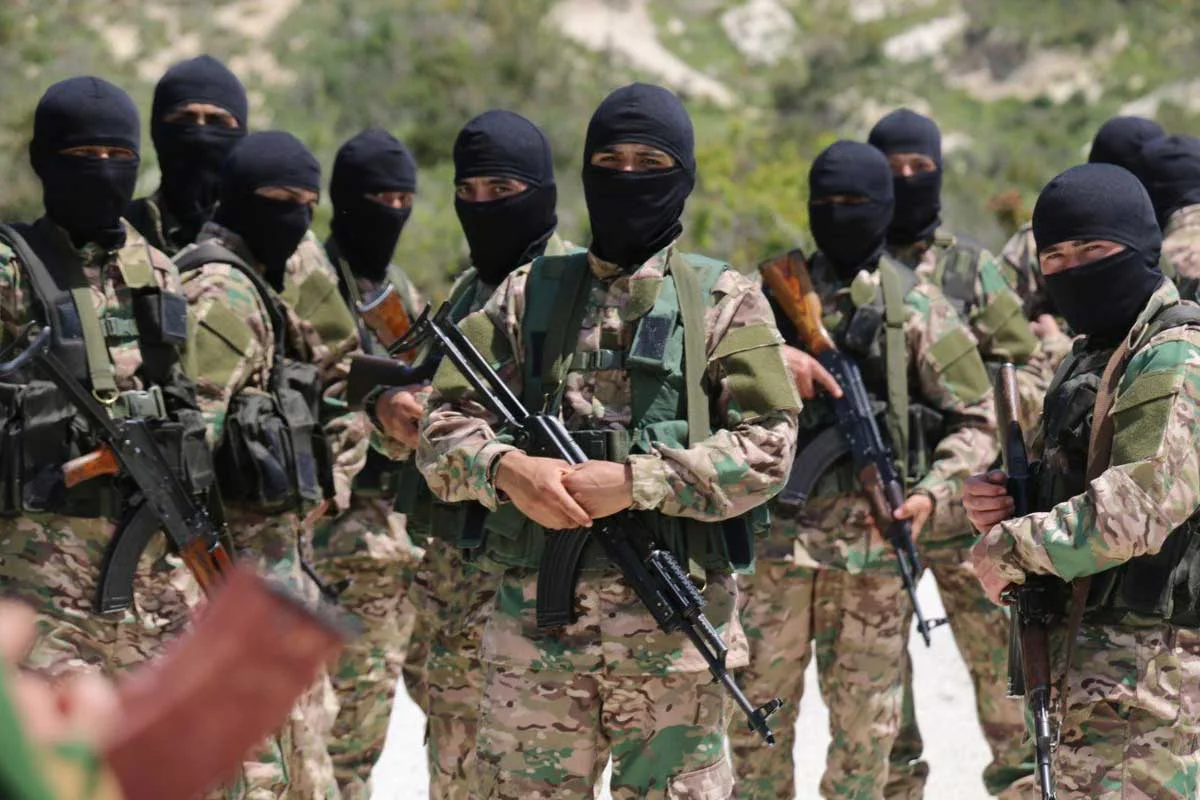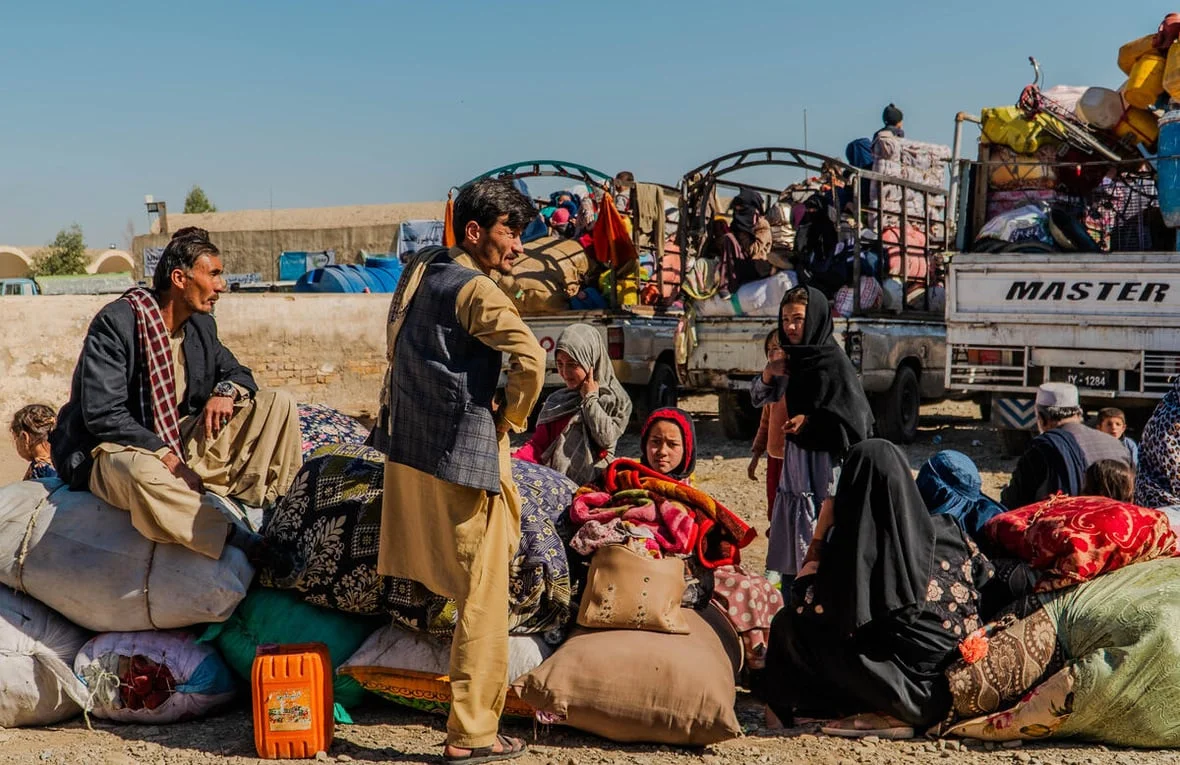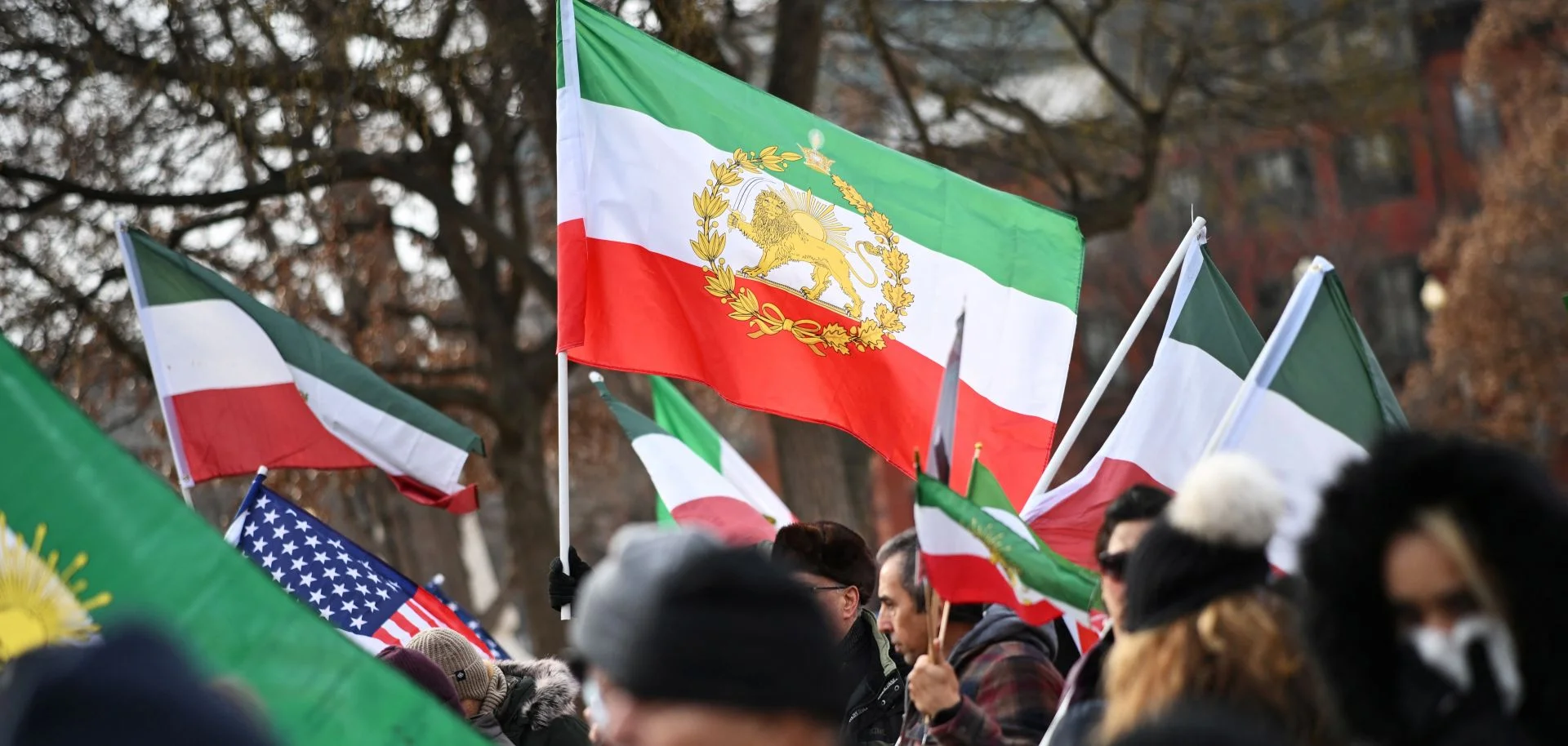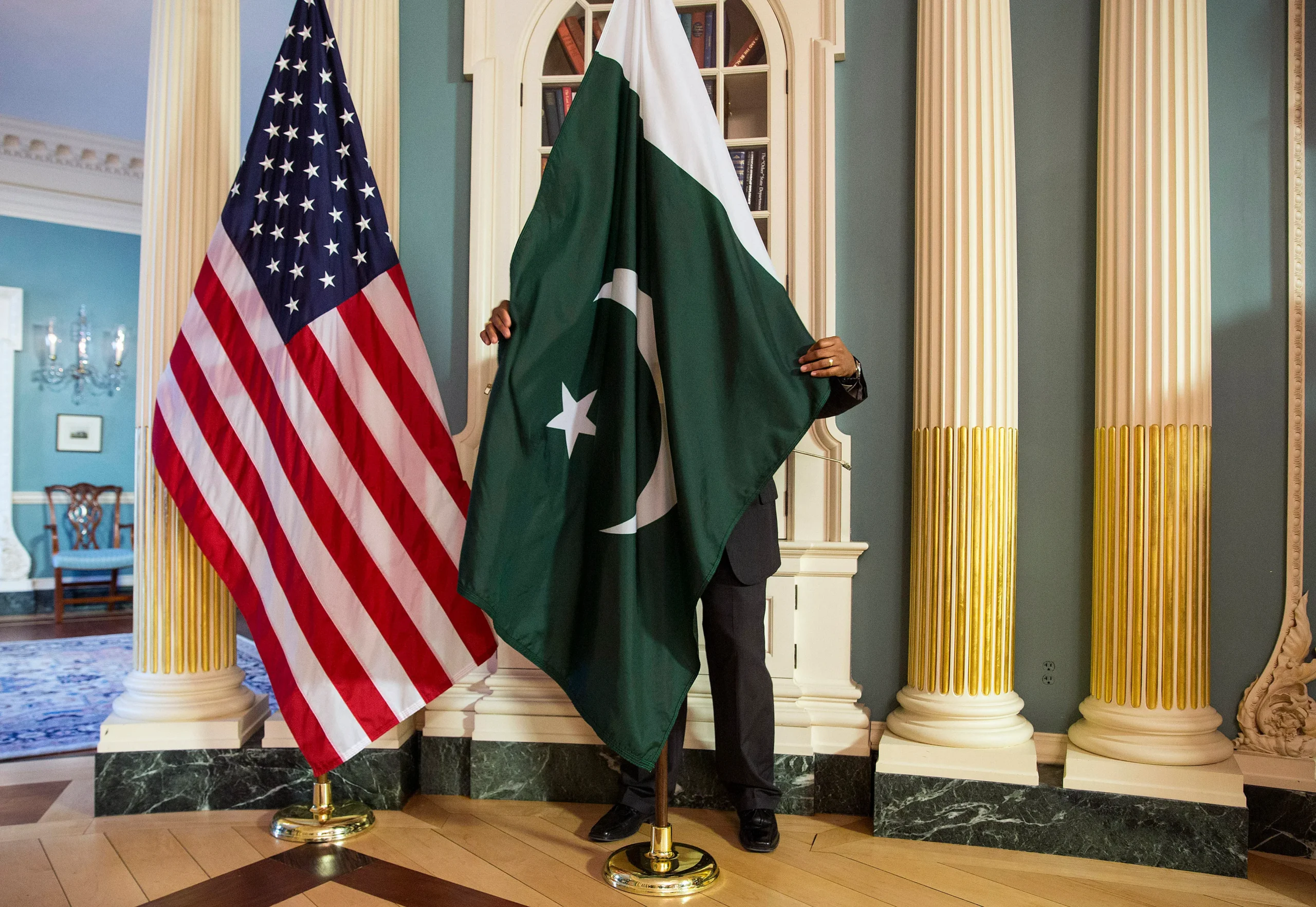ISLAMABAD: The Ministry of Foreign Affairs in a written reply on Wednesday informed the National Assembly that the UAE authorities have conveyed that there was no official visa ban on Pakistani nationals.
Replying to a question of Dr Nafisa Shah, the ministry said the UAE Embassy had informed that their Federal Authority for Identity, Citizenship, Customs and Port Security had announced a five-year visa that required round trip tickets, hotel booking, proof of ownership of property (if applicable) and down payment of AED 3,000.
The reply stated that multiple issues contributed to strict scrutiny and restrictions. Some Pakistan nationals have been found submitting fake degrees, diplomas and forged employment contracts. A few members of Pakistan’s workforce have overstayed their visas with some engaging in political and criminal activities. Some members of the Pakistani community are found to have used social media platforms inappropriately.
Also See: Police Verification Now Required for Pakistanis Travelling to UAE
The Pakistan Embassy in Abu Dhabi has raised the matter with the government of UAE at ministerial and under-secretary levels. Senior Officers in the Middle East Division of the ministry have been raising the issue with the UAE Embassy in Islamabad. Recommendation letters for the issuance of UAE visas are timely shared by the ministry with the UAE Embassy in Islamabad for smooth visa facilitation. The UAE authorities have said there is no official visa ban on Pakistani nationals.
This news is sourced from The News and is intended for informational purposes only.

![UAE confirms no official visa ban on Pakistanis; stricter scrutiny due to fake documents, overstays, and social media misuse. [Image via APP/File]](https://southasiatimes.org/wp-content/uploads/2025/03/1291392_8847127_NAA_akhbar.webp)




